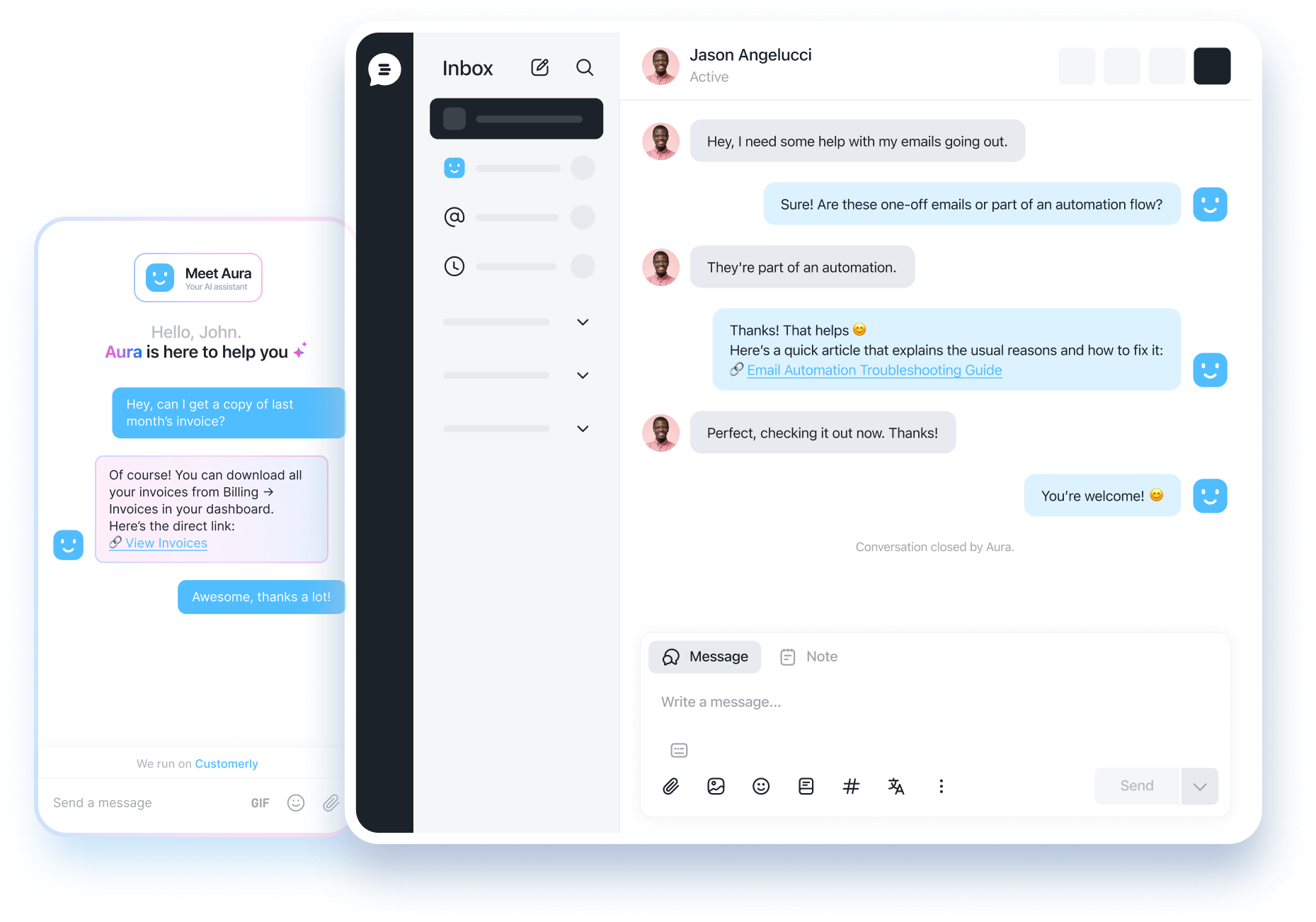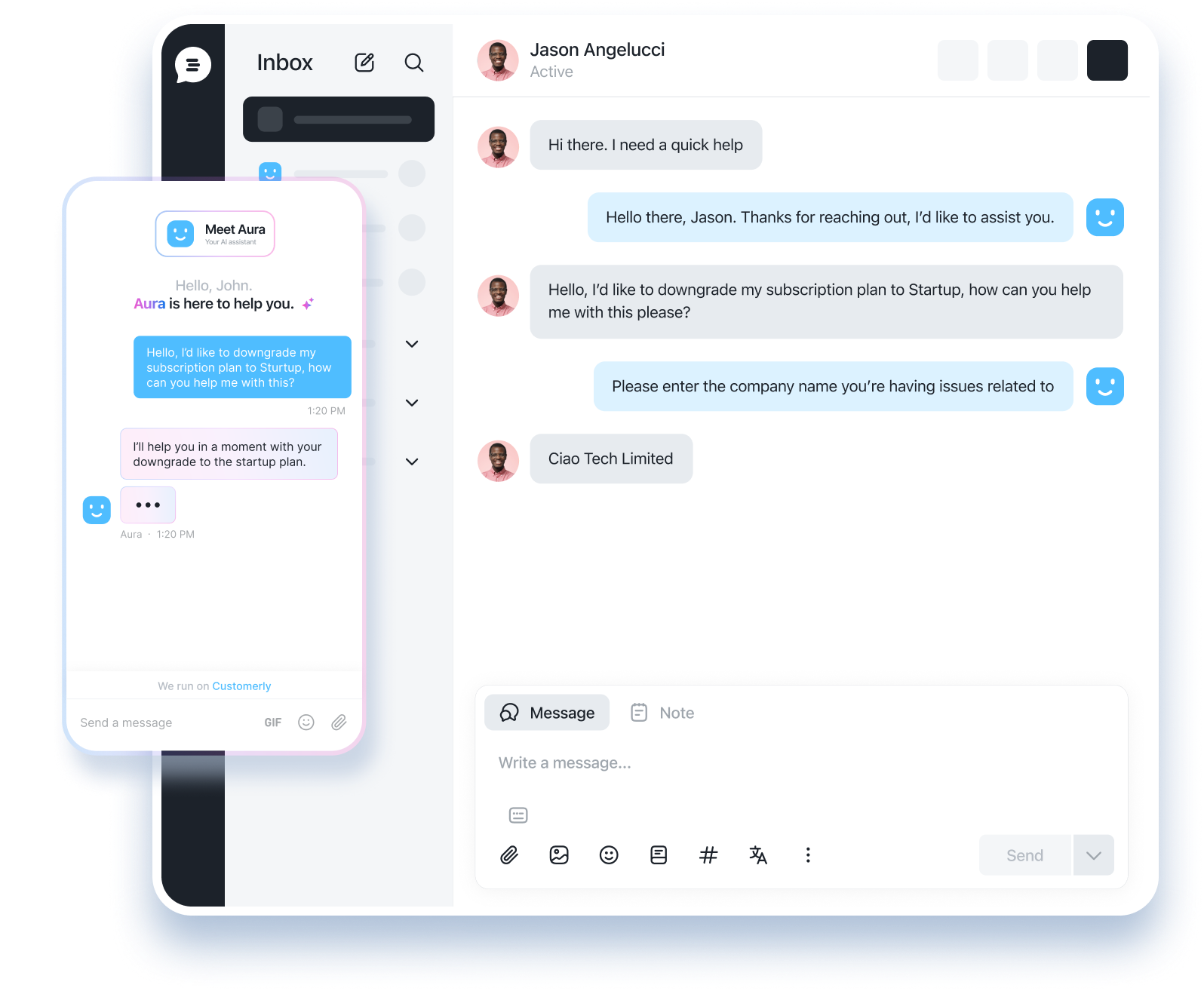

Audience Segmentation
Audience Segmentation is the process of dividing a broad target audience into subsets based on shared characteristics to deliver personalized messages or products.
Definition
Audience Segmentation refers to the process of dividing a broad target audience into subsets based on similarities they share such as demographics, psychographics, behavior, or other factors. It's a strategy used by businesses and marketers to deliver more personalized messages or products to their customers.
Usage and Context
Audience segmentation is commonly used in marketing, advertising, and sales. It helps businesses to understand their audience better and tailor their marketing efforts to meet the specific needs and preferences of different groups. It can be used in both traditional and digital marketing. In digital marketing, audience segmentation is often applied in email marketing, content marketing, social media marketing, and pay-per-click advertising.
FAQ
What are the types of audience segmentation?
There are four main types of audience segmentation: demographic, psychographic, behavioral, and geographic. Demographic segmentation divides the audience based on factors like age, gender, income, and educational level. Psychographic segmentation considers factors such as lifestyle, attitudes, and interests. Behavioral segmentation involves dividing the audience based on their behavior, such as purchasing habits or product usage. Geographic segmentation segregates the audience based on their geographical location.
Why is audience segmentation important?
Audience segmentation is important because it allows businesses to understand their customers better, develop more effective marketing strategies, and deliver more personalized experiences. It can improve customer engagement, increase conversion rates, and enhance customer loyalty.
Related Software
Some popular software that can be used for audience segmentation includes Google Analytics, Adobe Analytics, Salesforce, and HubSpot.
Benefits
Audience segmentation can lead to various benefits. It can improve the effectiveness of marketing campaigns, enhance customer satisfaction, increase sales, reduce marketing costs, and improve customer retention. By understanding the different segments of their audience, businesses can tailor their products, services, and marketing messages to meet the specific needs and preferences of each segment.
Conclusion
In conclusion, audience segmentation is a valuable strategy that can help businesses to understand their customers better, improve their marketing effectiveness, and enhance their overall performance. It's an essential part of any successful marketing strategy.

AI Support That Sets You Apart.
Start Leading Today.













